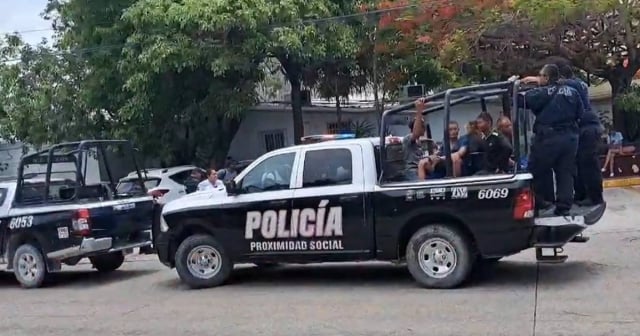The Cuban Parliament approved the new Immigration Law, in a context where more than two million Cubans have traveled abroad since 2013.
The bill was presented by First Colonel Mario Méndez Mayedo, head of the Directorate of Identification, Immigration, and Foreigners of the Ministry of the Interior (MININT), who stated that the regulation updates immigration legislation to align it with the current conditions in Cuba and constitutional precepts.
One of the most significant reforms is the elimination of the 24-month limit for staying abroad without losing residency in Cuba, a measure that has been on hold since the COVID-19 pandemic. This facilitates the return to the country for those residing abroad, without temporary restrictions.
Méndez said that the main citizenships of Cubans abroad are American and Spanish. However, the largest communities are in the U.S., Spain, and Mexico.
According to the official, another relevant aspect is the development of the concept of "effective migratory residence," which refers to the condition of Cuban individuals participating in the migratory process and foreign residents when they accumulate, in the year prior to the date of application, the majority of their time in the national territory.
"The interested person who does not meet the established time period may apply for effective migratory residency if they prove their ties to the country through a combination of a period of stay in the national territory with other evidence or actions that demonstrate their intent to reside there," said Méndez.
The Cuban government assures that its intention with this law is to strengthen ties with its citizens residing abroad and to adopt better international practices in the care of migrants.
However, in the new regulation, there are categories such as "public interest person" and "national defense and security reasons," which the State uses to prevent opponents, independent journalists, activists, and professionals such as doctors from leaving or entering the country, designating them as "regulated."
The new law applies to both Cuban citizens and foreigners in the national territory, as well as to various entities and state bodies and economic actors.
The principles that govern this regulation, according to the State, include integration, equality, equity, non-discrimination, public order, defense and national security, and international cooperation.
The objectives of the immigration policy are to ensure compliance with current legislation, promote the return of Cubans who are in a position to do so, encourage the participation of residents abroad in the Cuban economic model, and maintain international standards in immigration management.
The Ministry of the Interior, through the Directorate of Identification, Migration, Foreign Affairs, and Citizenship, will be the authority responsible for implementing and controlling migration policy. The Ministry of Foreign Affairs will be in charge of providing consular assistance to Cuban citizens abroad.
The law defines the immigration categories for Cuban citizens and foreigners, establishes the rights of Cubans in immigration matters, and regulates effective migratory residency.
The government insists that the regulation also aims to prevent irregular migration and protect migrants and victims of trafficking and illicit human trafficking.
The new Cuban Migration Law aims to modernize and adapt migration regulations to current conditions, strengthen ties with the Cuban diaspora, and ensure an orderly and safe migration in accordance with international standards.
However, it remains to be seen whether all these goals and promises will be fulfilled in a country that frequently violates the rights of its citizens.
What do you think?
SEE COMMENTS (1)Filed under:
